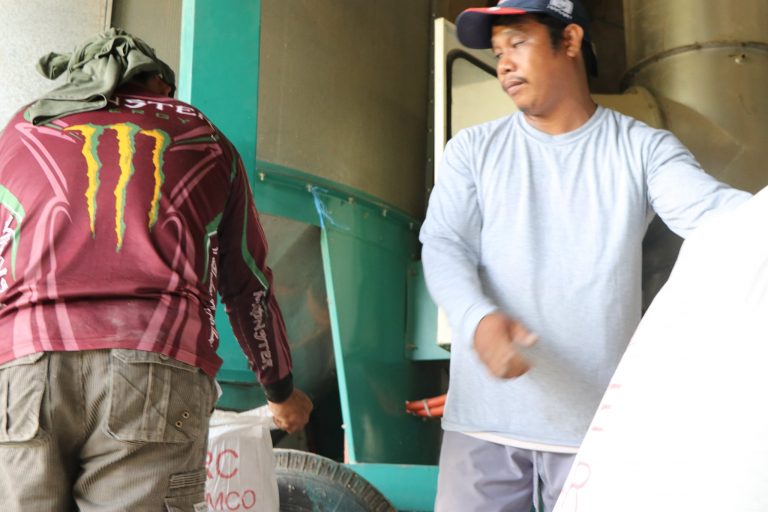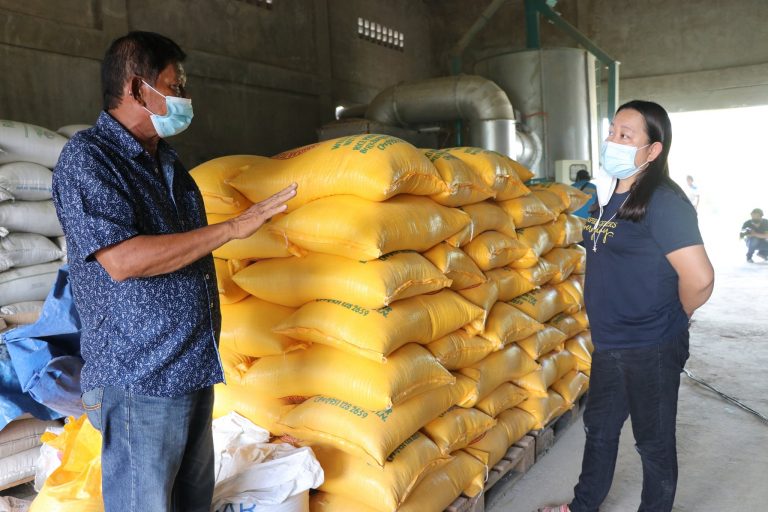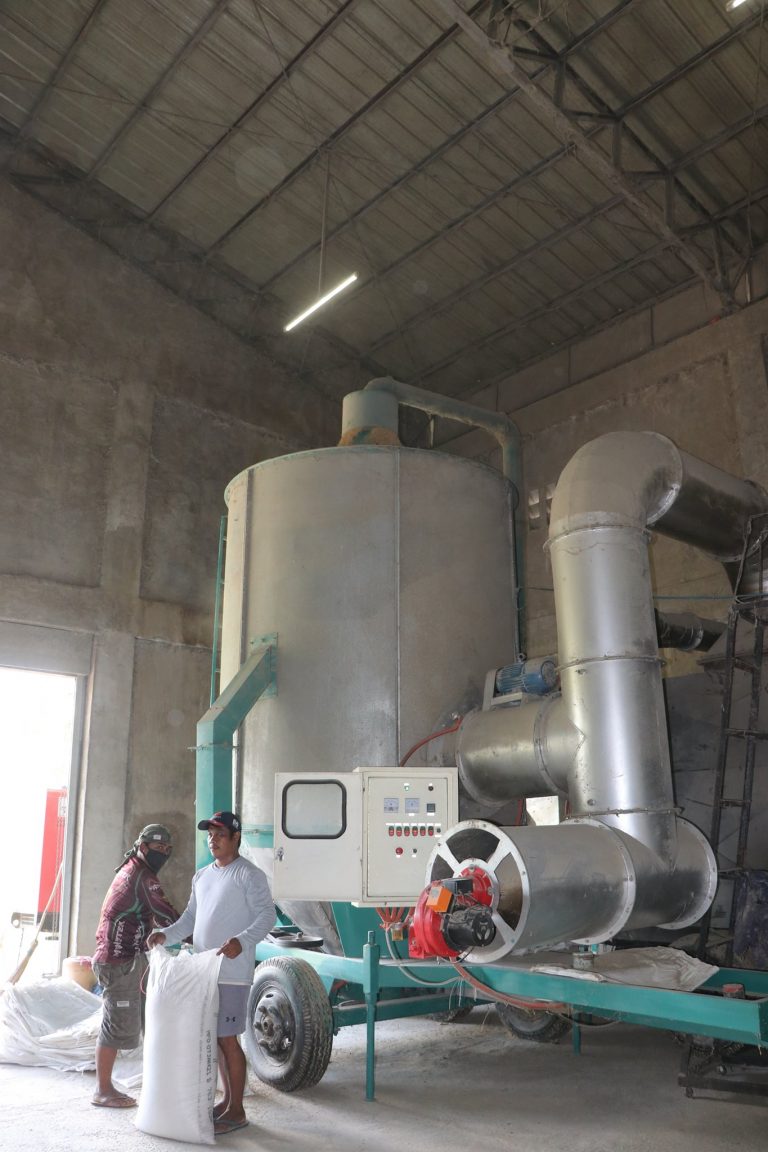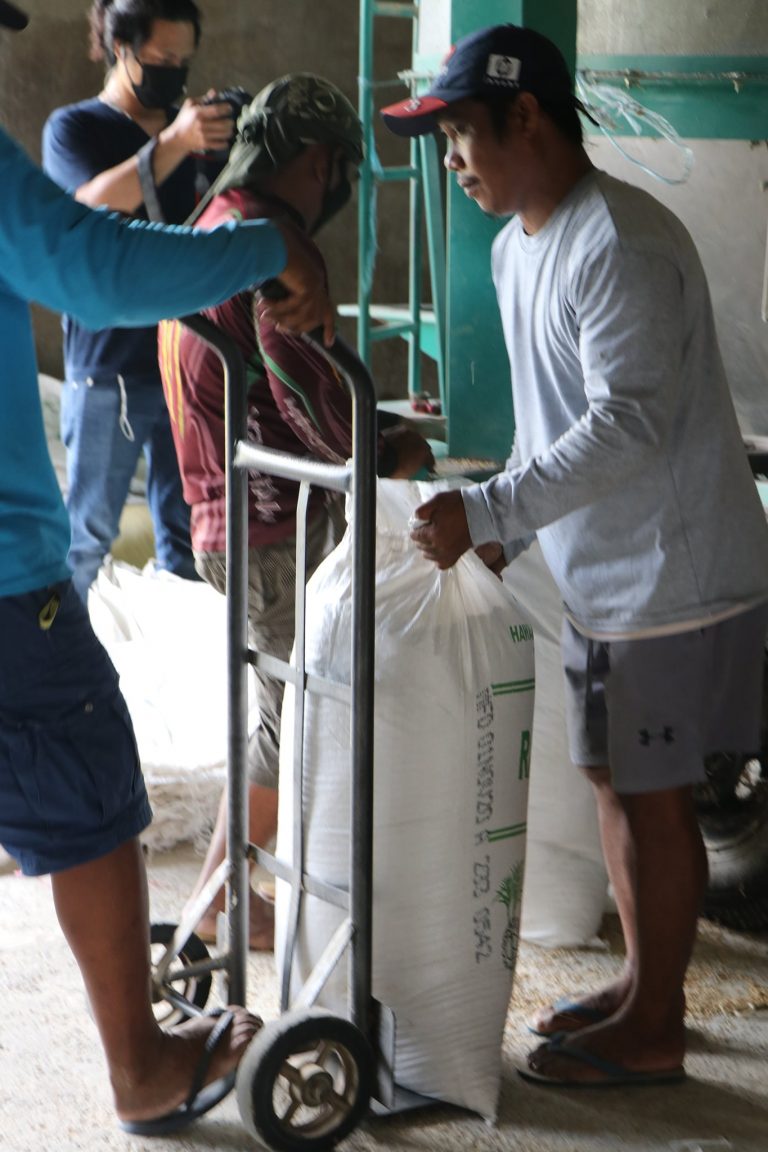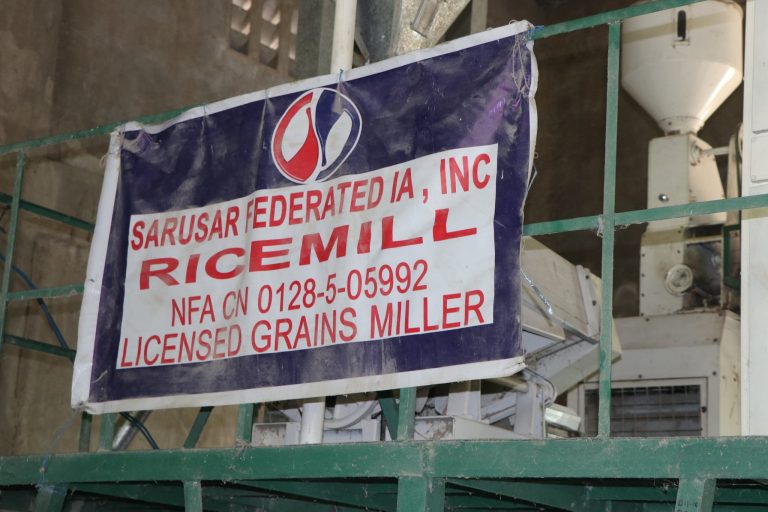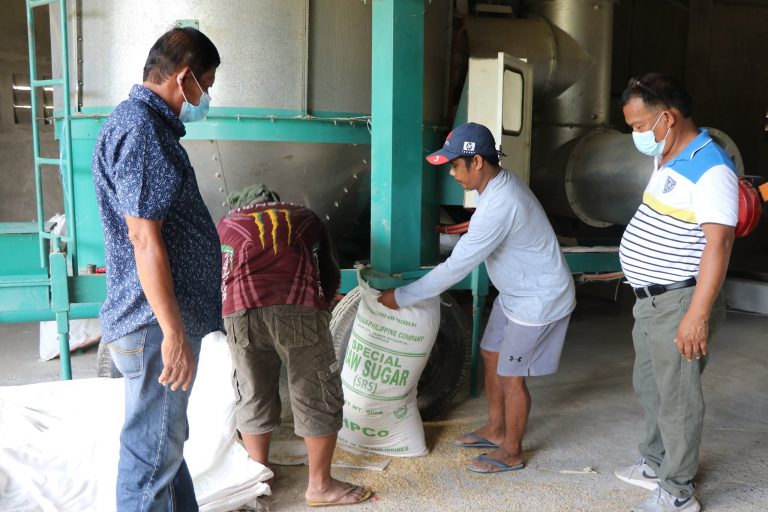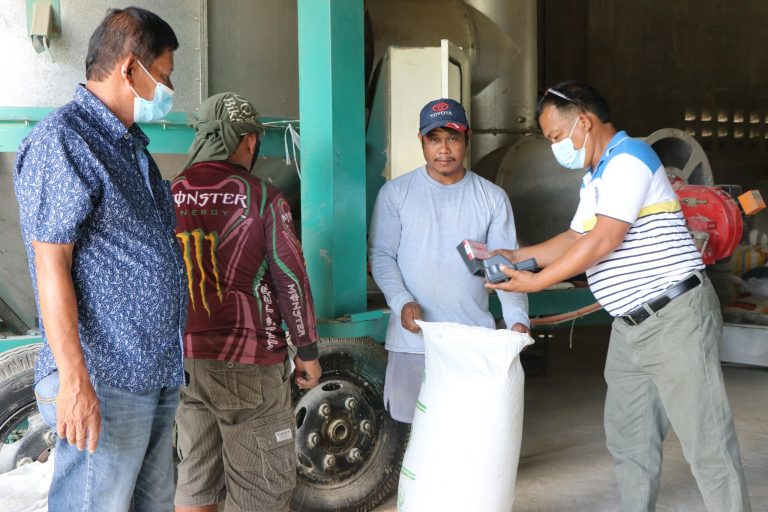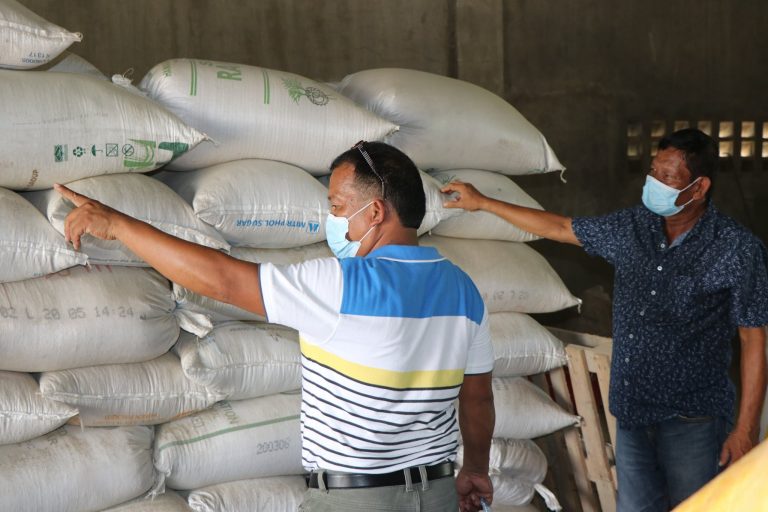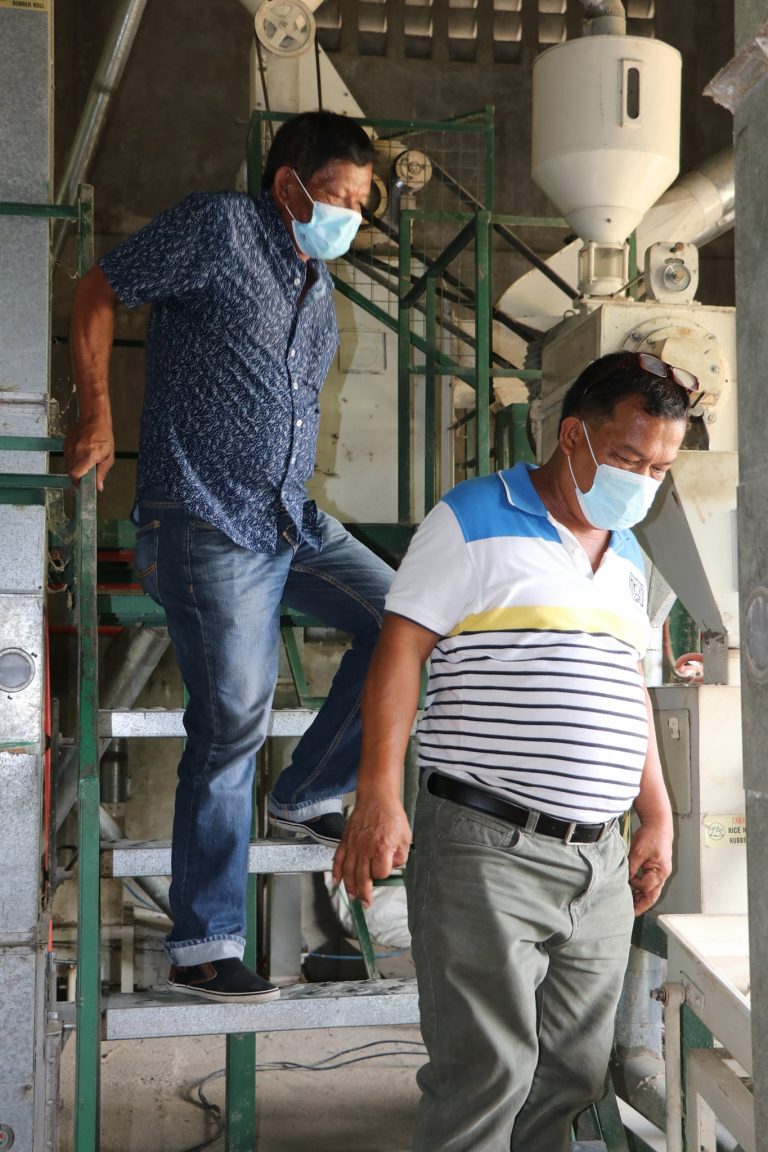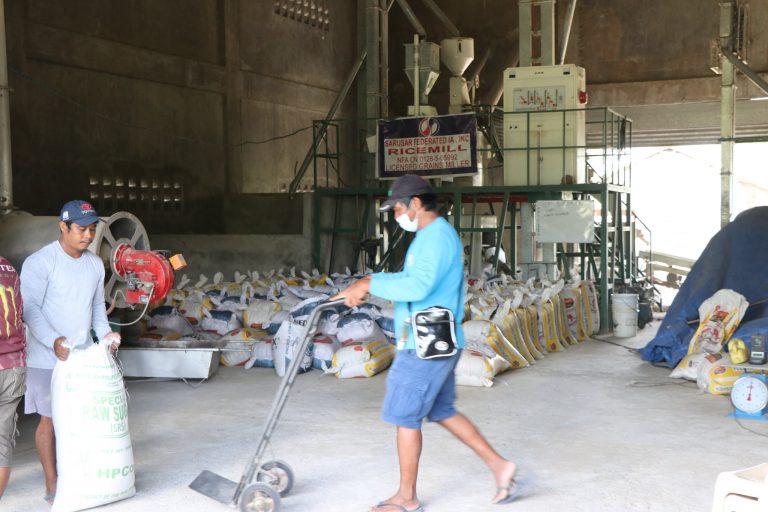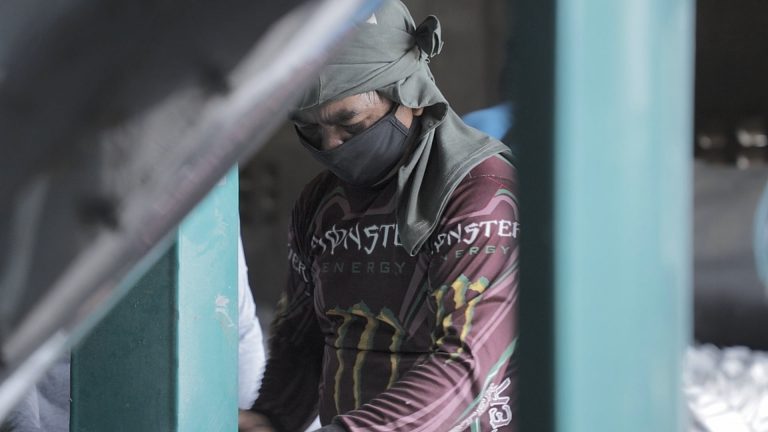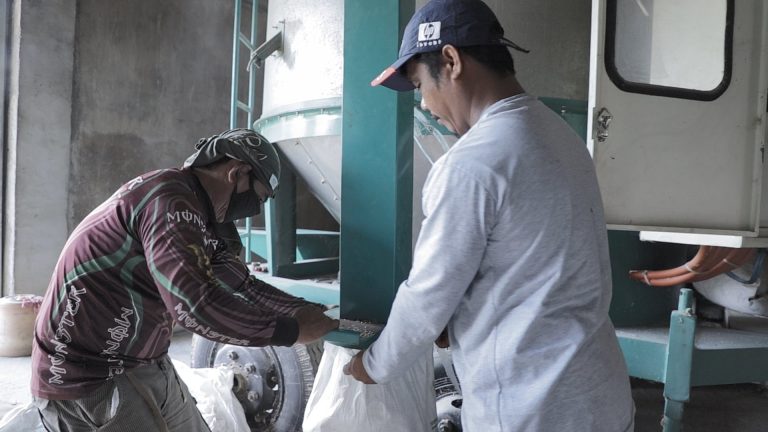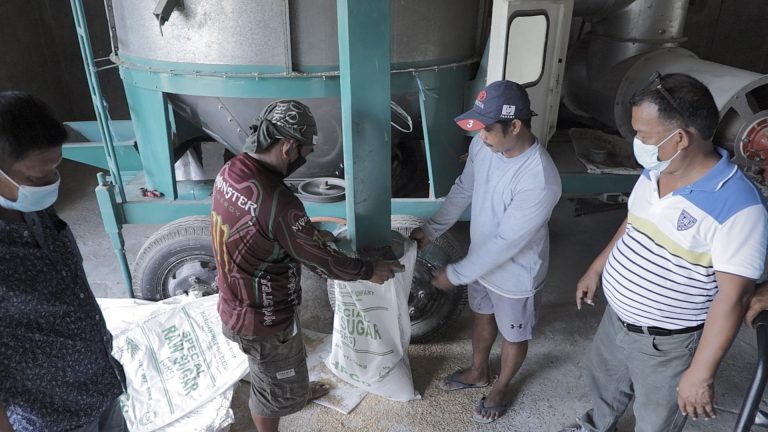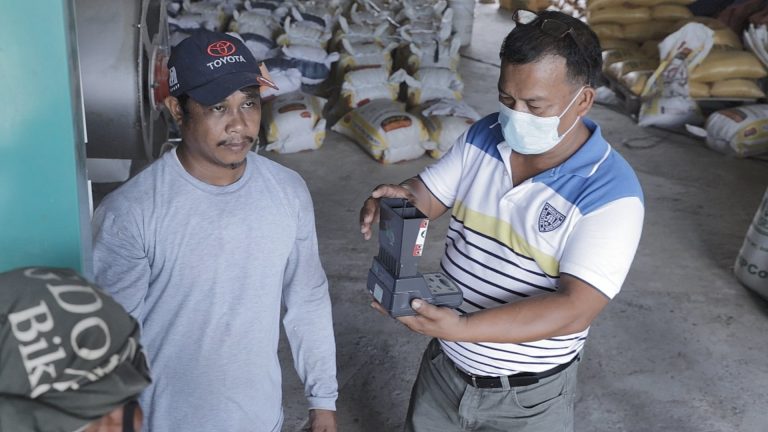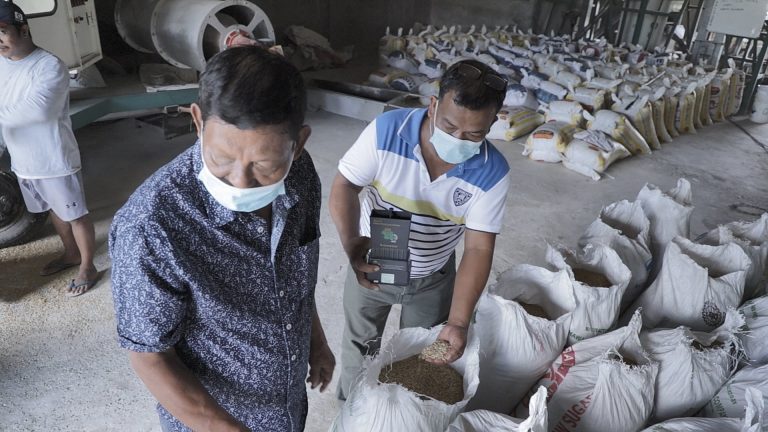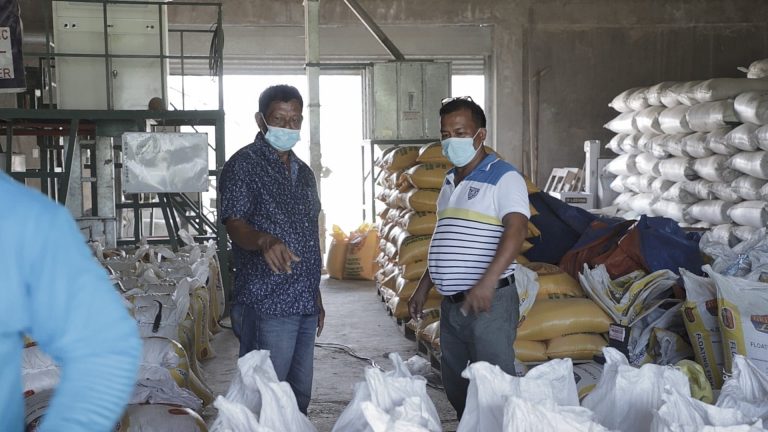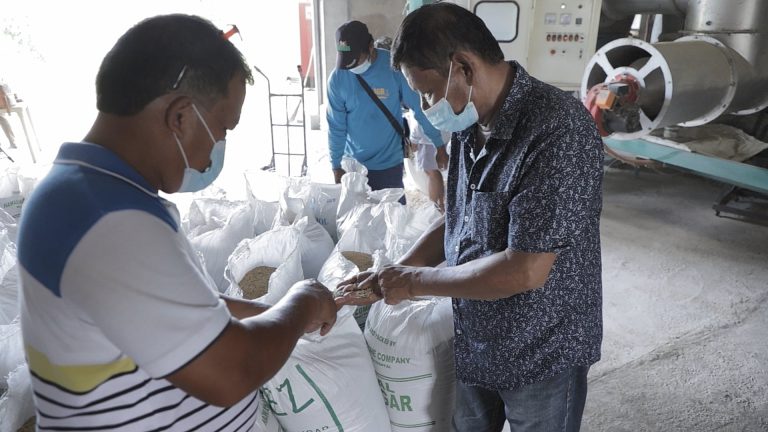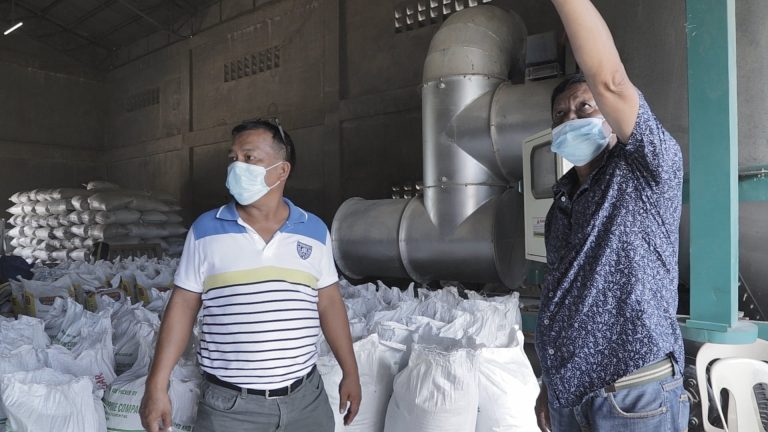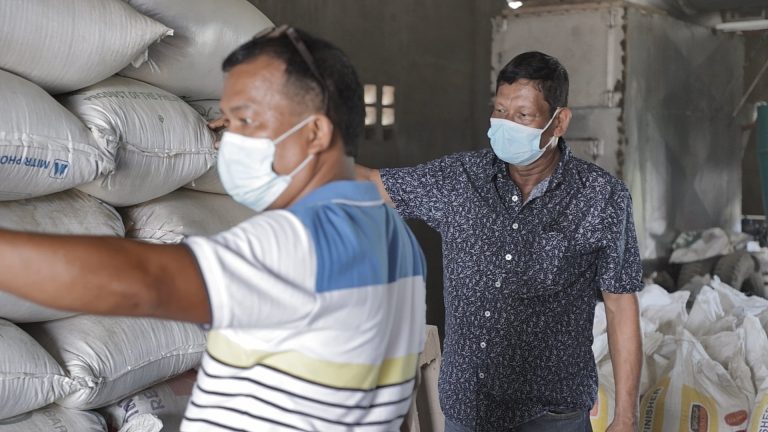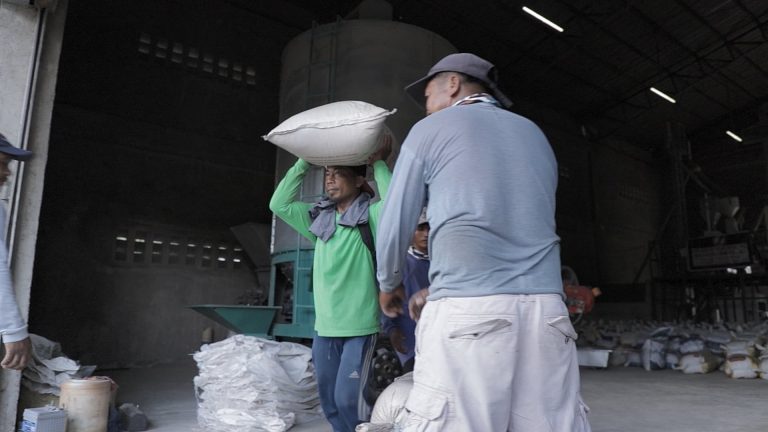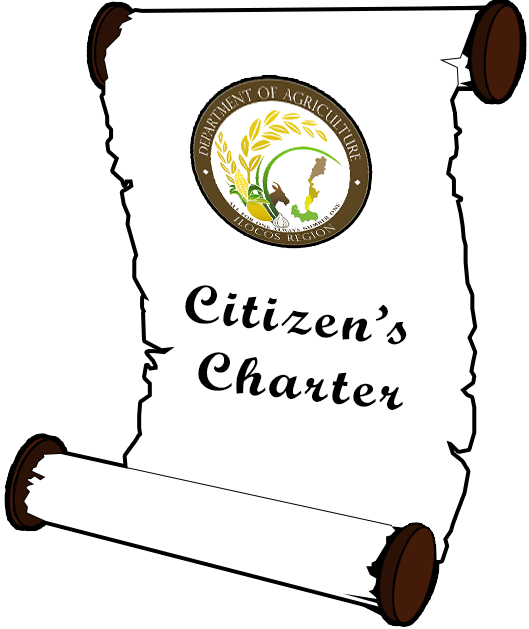Dingras town is considered as the rice granary of the province of Ilocos Norte. With its vast area devoted to rice production, farming is the major source of living in the area. Situated at the easternmost part of the province, this town is one among the pilot sites of the Department of Agriculture’s Farm and Fishery Consolidation & Clustering (F2C2) Program.
The DA’s F2C2 Program is part of the OneDA 18 Key Strategies formulated to help the government attain the economies of scale. A program initiated by DA Sec. William D. Dar, it also enables more farmers and fishers to become agri-preneurs. Through the program, farmers’ groups and associations are formed together having one goal and vision – to propel progress and prosperity in the agri-fishery industry.
Pushing for the realization of this vision is the Federation of Northern Ilocos Irrigators Association or the FNIIA. The FNIIA is a group of farmers’ association with around 1600 individual members and 3 clustered groups of farmers. One among the cluster group is the Sarusar Farmers Irrigators Association (FIA) which was organized in 1986. At present, the group is being led by Mr. Rogelio Ceredon who is the President.
Composed mainly of farmer irrigators from the 11 barangays in Dingras, the group has at least 800 hectares service area that are planted with rice as their major crops during wet season and a combination of rice, corn and vegetables during the dry season.
Just like any other farmers group, organizing the farmers into association in Dingras according to Mr. Ceredon proved to be a challenge. At first, due to diverse opinions as well as lack of leadership commitment not to mention the lack of support from authorities, organizing the group is nearly impossible.
Nonetheless, through his commitment, dedication and perseverance, members provided him all the needed support especially when they have established partnership with the Local Government Unit thru the Municipal Agriculture Office and with then Ilocos Norte Governor Imee Marcos.
With proper coordination and linkages, the group was able to access valuable projects and interventions from government agencies like DA with their availment of various farm machineries and equipment that made their lives as a farmer easier and more efficient.
Using the farm machineries and equipment given by the DA, farmer members as well as non-members enjoyed the low-cost service provided by the association from land preparation until harvesting season.
Aside from the free irrigation, the group was also provided with two units tractor, two units harvester, two units recirculating dryer, one unit transplanter and the Rice Processing Center (RPC) that truly helps the farmer-members earn more with the presence of ready market on their rice produce.
With the P1 million seed money given by the Rice Banner Program of DA, the Sarusar FIA has finally made farming as a business. Thru the RPC, farmer members’ rice produce are being milled here which then later on sold at the Center using the prevailing price in the market. Both wet and dry palay are openly sold here due to the presence of the recirculating dryers provided by the DA that is being maximized especially during wet season.
Marketing their processed rice has never been a problem for the association. The demand in the market is met with the proper scheduling of planting and harvesting. In fact, the group is waiting for the signing of the memorandum of agreement with the Department of Social Welfare and Development (DSWD) under its EPAP or the Enhanced Partnership Against Hunger and Poverty, which provides the 4Ps beneficiaries of their needed rice.
With the many economic activities that the association is doing, the Sarusar FIA has now served as a pillar of agri-fishery development in the countryside. Indeed, clustering of farmers is the call of time. Farmers when given the opportunity as well as the needed support from authorities, make them more empowered, hence enabling them to become more self-reliant and less dependent with government support.###
